‘What did Daddy do in the Great War?’
This is undoubtedly a question little Gertie asked her mother, Gertrude, after the war.
Gertie’s probing would have met stony silence.
After all, a British army firing squad had executed her father, Private Harry Farr, at dawn on 18 October 1916.
Even though Farr had suffered from shell shock and was hospitalised for five months, he was still sentenced to death for cowardice after refusing to return to his battalion. ‘I cannot stand it,’ he lamented.
Facing the firing squad, a defiant Farr refused to wear a blindfold.
Farr’s family also became unwitting victims, carrying the stigma of the ‘coward’ label, suffering deep shame, as well as experiencing financial hardship after his execution.
When Gertrude visited the post office in 1916, she was told: 'We don't give pensions to the widows of cowards.' She and her children were left destitute.
Harry’s father, who keenly felt the family’s shame would never speak his son’s name again, while little Gertie did not learn of her father’s fate until she was in her forties.
It took until 2007 for Farr’s descendants to successfully petition for a posthumous pardon.
Farr was one of 306 British and commonwealth soldiers executed for crimes such as desertion, cowardice, and mutiny in the Great War.
Of more than 3,000 men sentenced to death for these military offences, about 10 per cent were carried out.
It took until the 1980s for post-traumatic stress disorder to be recognised as a war-induced ailment.
Like my posts? Take a sneak preview or pre-order ‘Night in Passchendaele’ (out in August 2023)
https://www.panmacmillan.com.au/9781761265976/night-in-passchendaele/
Check out: Scottbennettwriter.com
Photo credit: The Independent

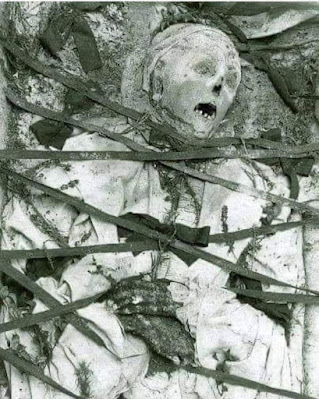
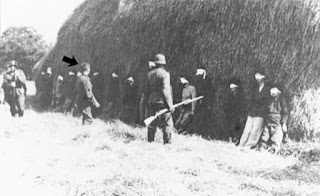

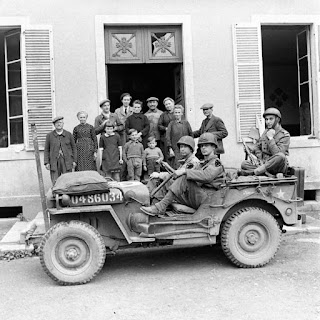




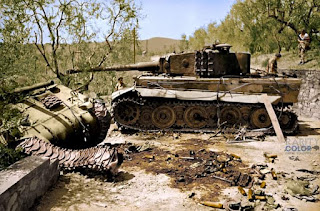
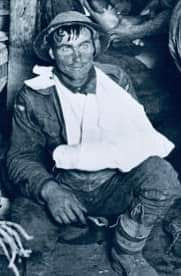
Comments
Post a Comment